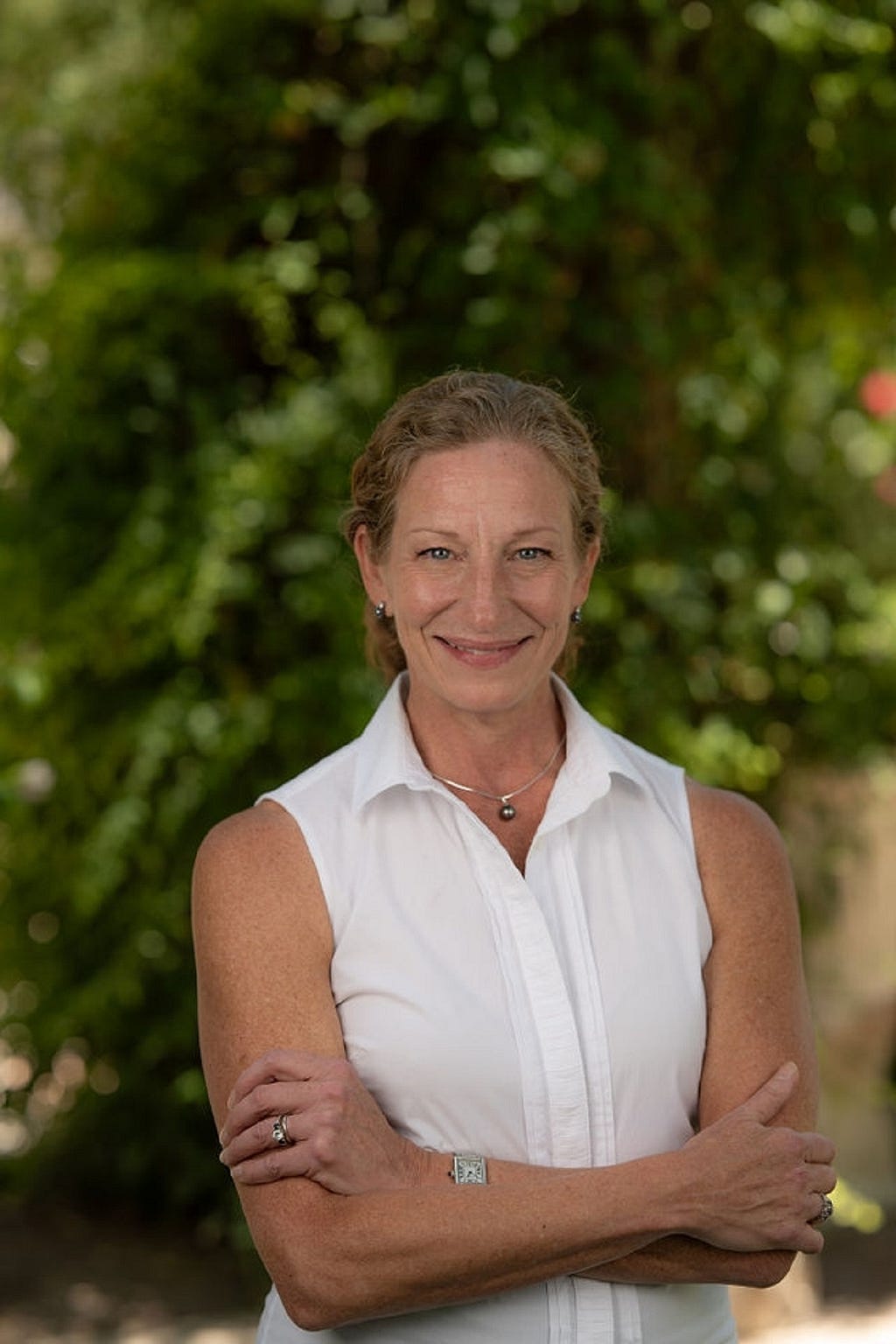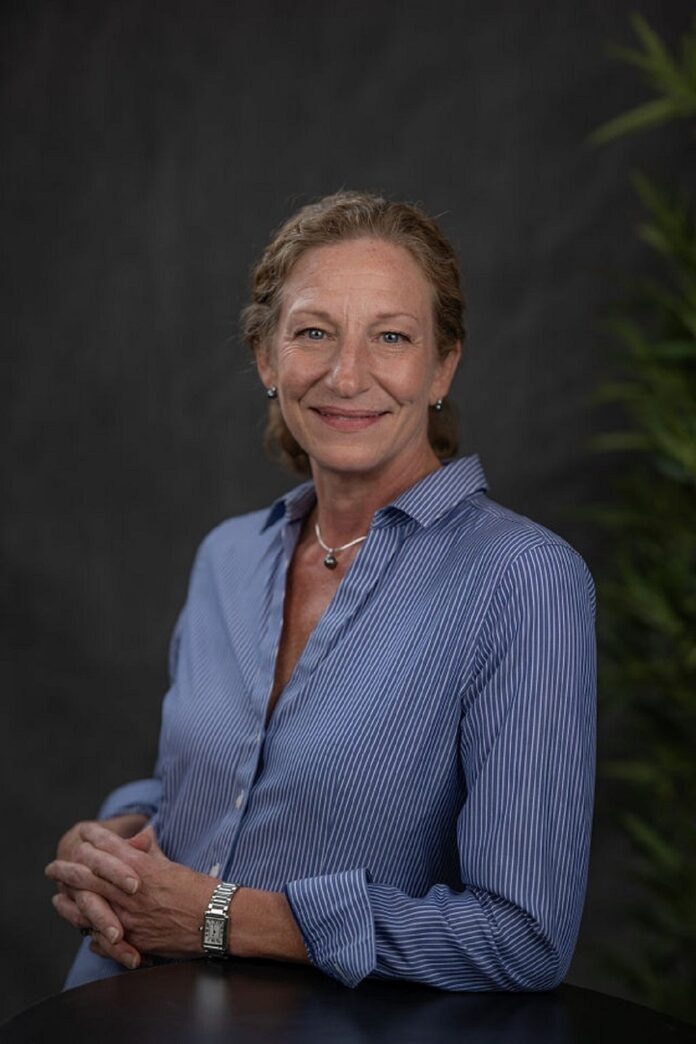Elizabeth Zelinka Parsons Of Encoraco: 5 Things Retirees Say They Wish They Were Told Before They Began Retirement
You don’t have to have everything figured out the minute you retire. You can think of the first year as a sabbatical of sorts — a time to reflect on who you are and how you live without the pressure of full-time work.
As a part of my series about the “5 Things Retirees Say They Wish They Were Told Before They Began Retirement” I had the pleasure of interviewing Elizabeth Zelinka Parsons.
Elizabeth Zelinka Parsons, J.D., is a Retirement Transition Expert, lawyer, and co-founder of two consulting firms, Zelinka Parsons and Encoraco. A magna cum laude graduate of Georgetown University Law Center and summa cum laude graduate of James Madison University, Elizabeth has spent over two decades shaping professional development and transition strategies for legal professionals. A former attorney at Milbank, she built a national consulting firm assisting AmLaw 100 firms with talent solutions. Author of “Encore: A High Achiever’s Guide to Thriving in Retirement “ (Feb. 5, 2025), Elizabeth combines analytical rigor with creative vision to help professionals redefine retirement as a dynamic opportunity for growth and fulfillment. Learn more at encoraco.com.
Thank you so much for doing this with us! Our readers would love to “get to know you” a bit better. Can you share with us the backstory about what brought you to your specific career path?
At age 35, I found myself at the crossroads of an 80-hour per week career with a large international law firm and my role as a mother to two young children aged 3 years and 18 months. Recognizing that my chance of excelling in both roles at the same time was next to impossible, I made the very difficult decision to let my career go. When I did so, I explained my decision to others by saying that I was “front-ending my retirement,” because I felt that I had enough money at that time to buy myself some freedom to focus on my family. After the first three months of euphoria wore off, I found myself utterly at a loss for how to live my life, or even to understand who I was. I did not realize how intertwined my intense career had become with my identity or how I structured my life in general. It took me several years of research, reading, and introspection to begin to understand that I had needed to plan for far more than just money to thrive in my next chapter. My own reinvention was born out of this tough time, because the work I did for myself forms the basis of the programs that my company has been offering to high-achieving professionals as they prepare for retirement.
Can you share the most interesting story that happened to you since you started your career?
Probably the most interesting story to happen to me since I started this career path was marrying my business, partner and friend! David Parsons and I started this business together as colleagues, and we grew to respect and admire each other very much — so much so that we eventually joined our lives. Fifteen years later, we continue to work together side-by-side. I feel very fortunate to share so many energizing aspects of my life with David.
Can you share a story with us about the most humorous mistake you made when you were first starting? What lesson or take-away did you learn from that?
The most humorous mistake we made in the early days involved was entering into what seemed to be a life-changing joint venture with the subsidiary of a public company. While I will not disclose the name of the organization, at the time it was a leader in our industry, and it seemed to be the magic bullet we needed to propel our business forward. We imagined that we would be so overwhelmed with work as a result of this joint venture that we scaled up a coaching team and established all sorts of infrastructure that cost us a great deal of time and money. We later learned that this subsidiary was failing in every way and was looking to us (and our program) to be its magic bullet! Needless to say, we had to unwind this joint venture, and that subsidiary was later spun off by its parent company. It was a tough lesson at the time, but looking back, I do have to chuckle!
None of us are able to achieve success without some help along the way. Is there a particular person who you are grateful towards who helped get you to where you are? Can you share a story about that?
Aside from David, whom I’ve already mentioned, I would have to name my own mother as the other key to our success. She had an unwavering belief in the potential for our business, and she helped bridge us through some difficult funding challenges in the early days. Without her, none of what we do now would be possible.
What advice would you suggest to your colleagues in your industry to thrive and avoid burnout?
My advice, learned the hard way, is that red-lining through your workday is not the path to highest productivity. While it can seem impossible to take meaningful breaks in the face of constant overwhelm, what I have learned is that short recharging breaks away from my desk and phone allow me to double my productivity during the day.
What advice would you give to other leaders about how to create a fantastic work culture?
Empower people to do their jobs without micromanaging them! People are motivated by being trusted with responsibility and being allowed to use their own creative problem-solving skills to do their jobs.

Now let’s move to the main focus of our interview. Retirement is a dramatic ‘life course transition’ that can impact nearly every aspect of one’s life. Obviously, everyone’s experience is different. But in your experience, what are the 5 most common things that people wish someone told them before they retired?
1. There is value in beginning to engage with your post-career goals before you retire. The goal is a smooth transition, where you can ramp down your current work as you ramp up new endeavors.
2. You don’t have to have everything figured out the minute you retire. You can think of the first year as a sabbatical of sorts — a time to reflect on who you are and how you live without the pressure of full-time work.
3. Just because you are tired of your current career or work pace does not necessarily mean that you are really done. Sometimes a new context or a fresh challenge can be very energizing.
4. Do not say “yes” to the first thing (or everything) that comes along. There is an opportunity cost to every commitment; assuming income is not a necessity, protect your time for endeavors that provide a high level of satisfaction and fulfillment. In other words, be very picky!
5. Do not assume that you are too old to pivot or start an entirely new career. We see it happen all the time, and at this stage of life, you have the skills, experience, wisdom and network to make incredible things happen.
Let’s zoom in on this a bit. If you had to advise your loved ones about the 3 most important financial issues to keep in mind before they retire, what would you say? Can you give an example or share a story?
1. You are going to have to shift your mindset from “saver” to “spender.” Run your scenarios so that you can get comfortable with your spending. Don’t miss out on opportunities trying to protect a nest egg that you ultimately might never spend out of fear.
2. Remember that spending habits tend to decrease with age. Don’t assume that your lifestyle “spend” in your 70s will look like it did in your 60s and so on. Be sure to prioritize spending on items like travel in your younger retirement years so that the opportunity does not evaporate due to age or health concerns.
3. Make sure your spouse or partner has the same visibility into your financial security as you do. In order to enjoy these shared resources, there must be alignment.
If you had to advise your loved ones about the 3 most important health issues to keep in mind before they retire, what would you say? Can you give an example or share a story?
1. First and foremost, do not take good health for granted. Too many people bank on having decades of health after they retire, only to discover a chronic illness or worse soon after they stop working. Stay on top of screenings and overall health, even during intense working years. You should be investing not just in a retirement portfolio but in the health span to enjoy it.
2. Understand how your health insurance will work if you retire ahead of Medicare eligibility. Private plans can be expensive and short on coverage. Make sure you know what the options are, what they will cost, and what coverages are included.
3. Remember that humans need purpose to stay vibrant and healthy. Begin thinking about what will provide purpose and meaning in your post-career life. While some leisure is a pleasure, full-time leisure is a recipe for decline.
If you had to advise your loved ones about the 3 most important things to consider before choosing a place to live after they retire, what would you say? Can you give an example or share a story?
1. Experiment with medium-term rentals (one to three months) in potential retirement cities before committing long-term. There are many platforms for these sorts of rentals, and it can be fun to spend a year trying out several cities.
2. Think about how you will build community in a new city. What pathways exist to developing new sources of friendship? Is the community strong? Does it reflect your values? Does it encourage the sort of lifestyle you enjoy (active, cultural, academic, urban)?
3. What is the quality of the health care? Will you have to travel for sophisticated health care services?
You are a person of great influence. If you could start a movement that would bring the most amount of good to the most amount of people, what would that be? You never know what your idea can trigger. 🙂
I think I’d start a movement that forced people with different political viewpoints to listen to each other’s greatest fears and hopes. No commentary. Just listening.
Is there a particular book that made a significant impact on you? Can you share a story?
The Four Agreements by Don Miguel Ruiz. In seeking to keep these four simple agreements, I found myself becoming much more patient with others and rigorous with myself.
Can you please give us your favorite “Life Lesson Quote”? Do you have a story about how that was relevant in your life?
“If you plan on being anything less than you are capable of being, you will probably be unhappy all the days of your life.” Abraham Maslow
What is the best way our readers can follow you on social media?
LinkedIn: https://www.linkedin.com/in/elizabeth-zelinka-parsons-3b58a52/
Thank you for these fantastic insights. We wish you only continued success in your great work!
Elizabeth Zelinka Parsons Of Encoraco: 5 Things Retirees Say They Wish They Were Told Before They… was originally published in Authority Magazine on Medium, where people are continuing the conversation by highlighting and responding to this story.


